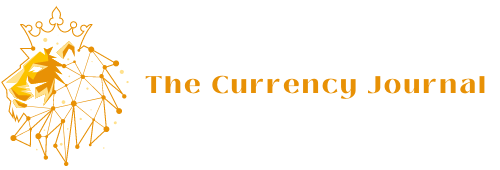The Spanish Treasury has proposed a tax reform that will enable the seizure of cryptocurrencies by bailiffs. It's about debt to the state, mainly taxes.
The Spanish Treasury wants to seize your cryptocurrencies
The Spanish state treasury wants to be able to seize digital assets that belong to taxpayers who do not pay tribute to the state. First, however, it would be necessary to reform the current tax law, as a result of which Agencia Tributaria, the national tax supervisory authority, could seize cryptocurrencies.
In addition, the Spanish administration issued a royal decree under which entities handling electronic money were recognized as tax collection agents, which means that they will have to impose an embargo on digital money and such assets of a given customer if the government requests it. Previously, such regulations applied to traditional banks and lending institutions.
These are not the only changes in Spain
Also this year, Spanish taxpayers will have to declare for the first time what cryptocurrency assets they hold outside the country.
The latter is related to the changes described above. Authorities need to know which citizens own digital assets so that they can somehow seize them if a citizen fails to pay taxes. This knowledge will be obtained from tax returns regarding cryptocurrencies that have been collected from taxpayers since 2021.
However, it is worth adding that the rapid implementation of all these cryptocurrency regulations will put a burden on Spanish regulatory authorities, who will have to change their legal definitions and adapt to the new tax framework.
Reading the above, someone may think that it was not worth declaring the profit achieved on the cryptocurrency market. Now officials have knowledge about who can own bitcoins and altcoins. However, please remember that non-payment of taxes is punishable by law. So it's better to pay tribute to the state so that it doesn't take away even more of our wealth.
Spain sought to regulate cryptocurrencies as one of the first countries in the world. The first ideas related to this appeared in 2015.

